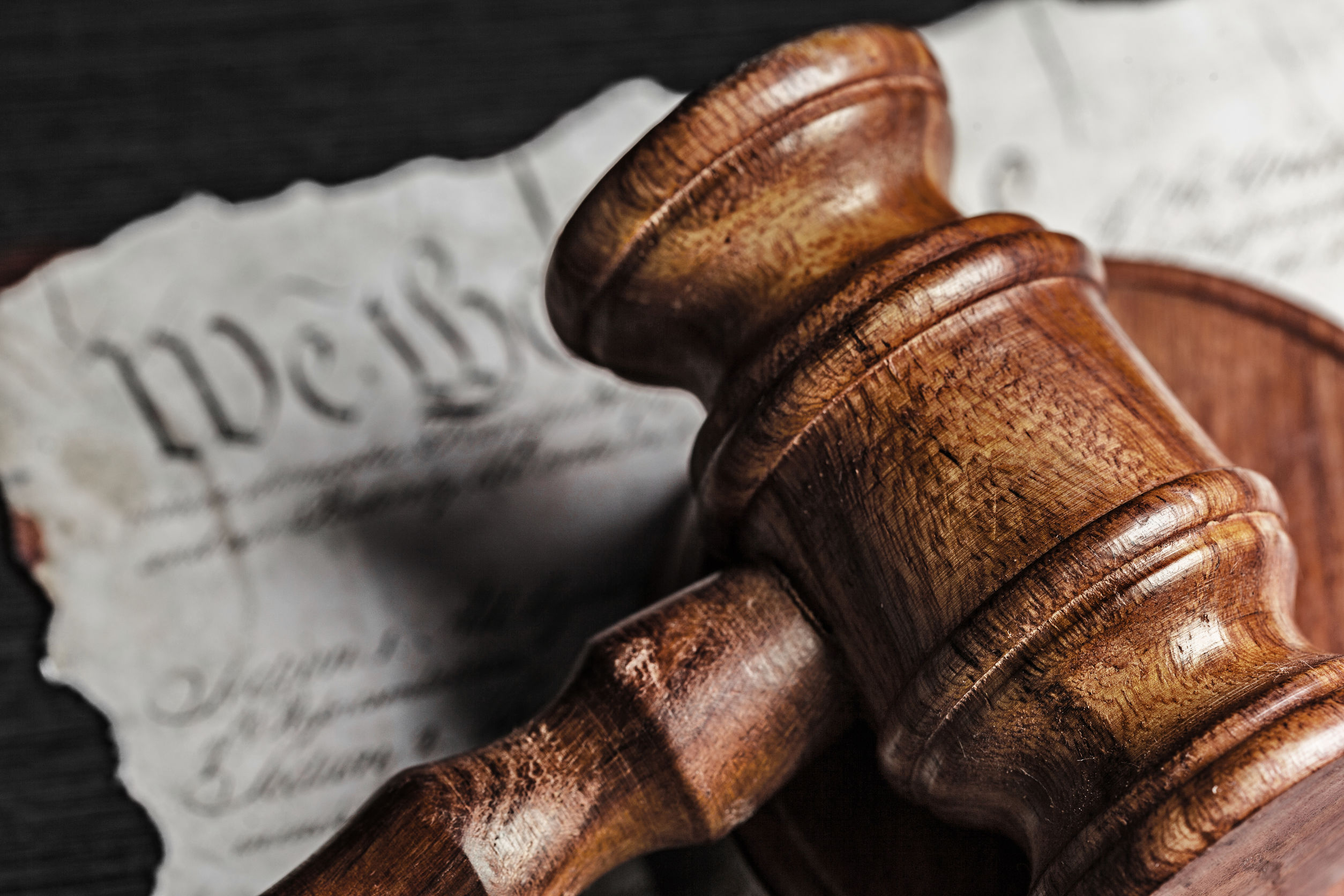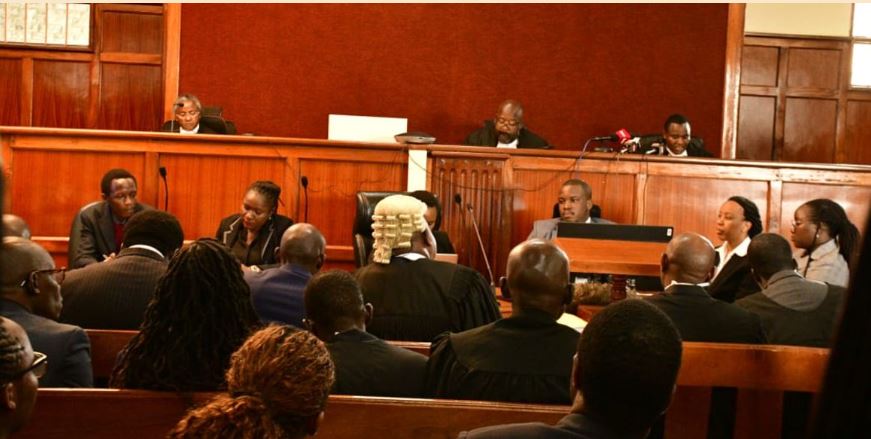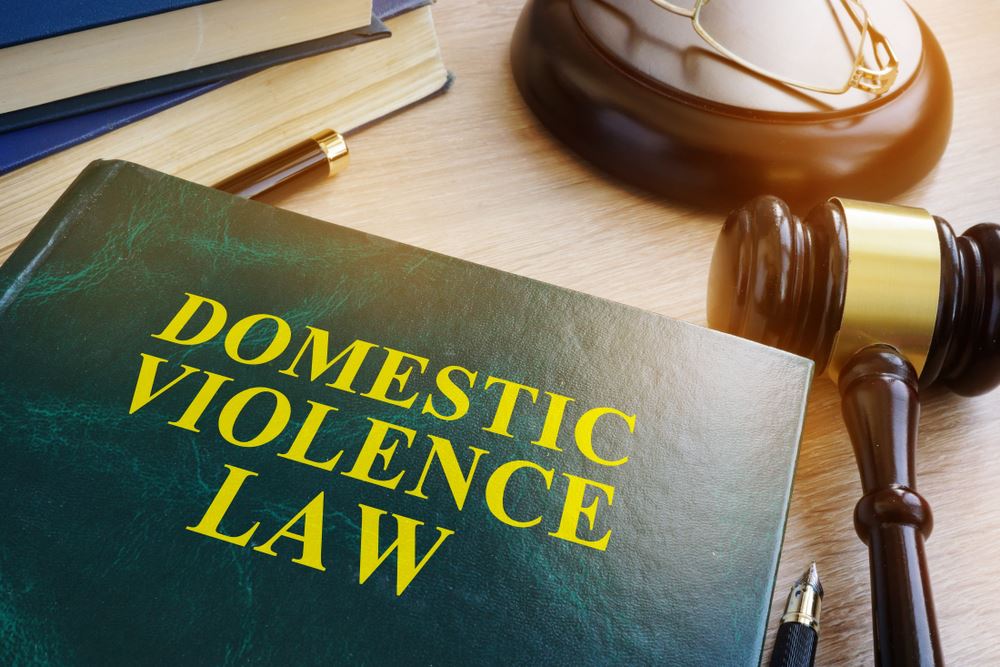The Sword of Article 168(1): Why Decisional Independence is not an unbreakable shield
by admin on | 2025-09-02 18:31:27 Last Updated by admin on 2025-10-29 09:00:25
Share: Facebook | Twitter | Whatsapp | Linkedin Visits: 175

Few institutions in Kenya carry as much symbolic and practical significance as the Judiciary. Entrusted with interpreting the Constitution, resolving disputes, and safeguarding rights, the Judiciary stands as both a guardian of constitutional order and a pillar of democratic governance. Yet legitimacy in the exercise of such power depends not only on constitutional authority but also on the trust and confidence of the public—a trust that is fragile and easily eroded by allegations of corruption, abuse of office, or misconduct. Such allegations strike at the heart of constitutionalism and raise urgent questions about how independence and accountability should be balanced within the judiciary. In this context, debates around judicial independence, and particularly the notion of decisional independence, require careful reconsideration. Decisional independence is frequently invoked as a shield to insulate judges from external interference, but it should not be misunderstood as a blanket defence against scrutiny of judicial conduct. The Constitution itself, in Article 168(1), provides clear grounds and procedures for the removal of judges for misconduct, incompetence, or other gross violations. Independence, therefore, does not displace accountability; rather, the two are mutually reinforcing and indispensable for a credible judiciary. To invoke decisional independence as a nebulous defence against examining judicial behaviour misconstrues both the letter and spirit of the Constitution. If the Judiciary is to retain the confidence of the public, allegations of misconduct or corruption must be subjected to fair and transparent processes. The constitutional design makes this balance explicit. Article 160(1) guarantees that judges, in exercising judicial authority, are not subject to the control or direction of any person or authority. This protection safeguards the decision-making process from interference by the executive, legislature, or public opinion. At the same time, Article 168 establishes grounds for the removal of judges, ranging from incapacity and breach of the code of conduct to incompetence and gross misconduct. In embedding these provisions side by side, the framers of the Constitution ensured that judicial independence is preserved while also affirming that judges’ conduct is not beyond scrutiny. It is therefore misleading to suggest that decisional independence immunizes judges from legitimate inquiries into their propriety; the Constitution rejects such absolutism. The concept of decisional independence itself is often misunderstood. Properly defined, it refers to the autonomy of judges to make decisions based solely on the law and the evidence presented before them, free from outside influence or pressure. This principle is essential for the administration of justice, for without it adjudication risks degenerating into political or personal bargaining. However, decisional independence does not mean that judicial decisions are beyond criticism, nor does it mean that judges’ conduct is immune from oversight. In Kenya, this concept has at times been stretched into... read more




